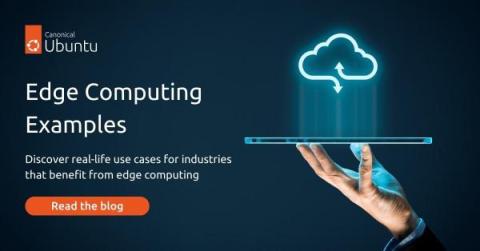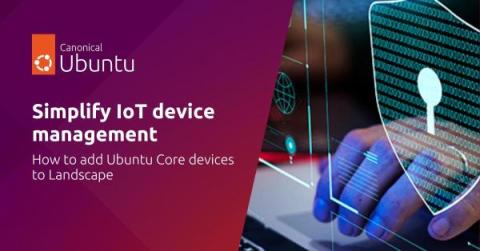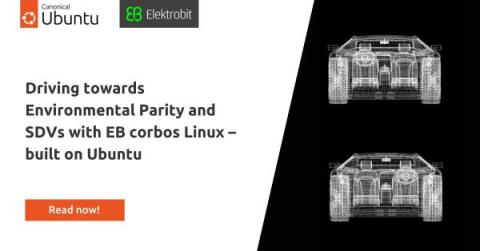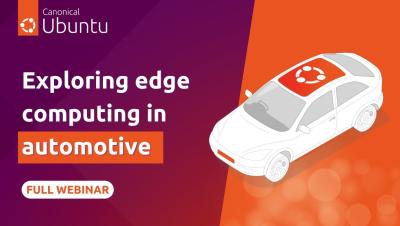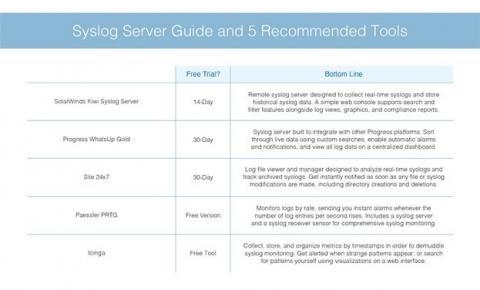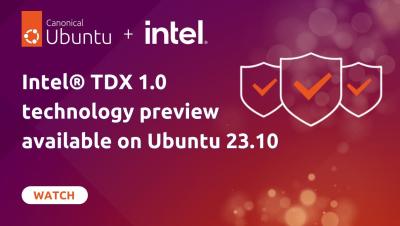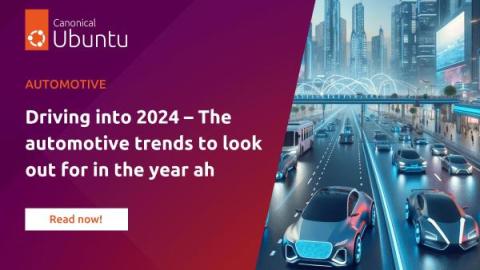5 Edge Computing Examples You Should Know
In the fast-paced world of technology, innovation is the key to staying ahead of the curve. As businesses strive for efficiency, speed, and real-time data processing, the spotlight is increasingly turning towards edge computing. Edge computing represents a paradigm shift in the way data is processed and analysed. Unlike traditional cloud computing, which centralises data processing in distant data centres, edge computing brings the processing power closer to the source of data.


